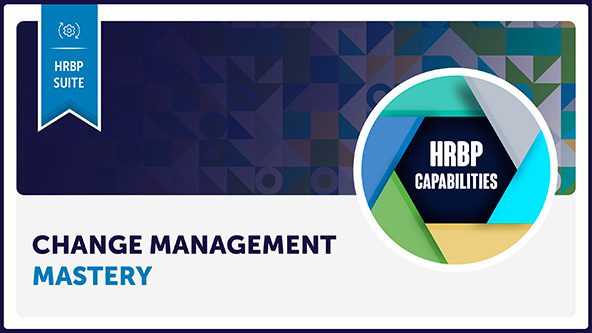Future of Work and People Strategy
Blog: The Who, What and Why of the Post-Pandemic Office
What are the questions people need to be asking about life in and out of the office?
Do we need to be in the office?
Post-pandemic, people are rethinking how they balance their personal and professional lives. There are calls for greater purpose and more ‘human-centric’ businesses and ways of working. In short, the pandemic has accelerated the ‘great rethink’.
In the summer of 2021, Wall Street banks and technology companies such as Apple asked employees to attend the office at least three days per week, citing business and customer needs. However, some employees pushed back: in a leaked internal letter, it was suggested that “there is a disconnect between how the executive team thinks about remote/location-flexible work and the lived experiences of many of Apple’s employees.”
This ‘disconnect’ has been reflected in several other companies, giving us an opportunity to ask a crucial question: how do we ensure that people are where they need to be to achieve for the business?
What will people do differently?
This question is really three questions: when do people work, where do they work, and how do they want to work? Usually, these all fall under the umbrella of ‘hybrid working’, which has increasingly become a standard practice for office-based workers.
The widespread introduction of this practice relied on the centring of the employee experience of the pandemic, which was crucial during a global public health crisis. As we transition towards a post-pandemic model, employers can and should be in the driver’s seat with respect to how people work, but employee views should be taken into consideration.
In recent CRF research, only half of the organisations surveyed reported that employees are being consulted on potential changes to ways of working. This is a missed opportunity, as employees may have good and innovative ideas. Equally, soliciting employees’ views can ease the implementation of changes as they feel a part of the process.
Why do we need people to come back to the office?
Interestingly, among respondents to our survey, there seems to be one word that is cited most often when thinking about the purpose of the post-pandemic office space: collaboration.
Nearly all of the research participants who discussed how their office spaces are being repurposed cited collaboration as the goal, with only one exception citing ‘experimentation’.
As Karen Ward, OD Director at The Open University, put it: “We come onto site to collaborate or to build relationships; we consider what do we do best together and what we do best when we’re apart.”
Recognising the office as a site for collaboration has allowed some organisations to focus on understanding how people actually spend their day and, consequently, to push aside some old practices (such as spending large blocks of time on emails), while reconfiguring spaces to support and enhance human connection.
It has also pushed organisations to be more specific in their calls to return to the office. While ‘collaboration’ as a concept is useful to consider, it’s also vague – but “come in for this product development meeting” or “to mentor a new staff member” underlines the specific benefit.
As Ravin Jesuthasan, Senior Partner and Global Leader for Transformation Services at Mercer, says: “Start with the work, not from a specific policy. When and where do you get a premium from personal engagement, for example through collaboration or innovation, and let that drive the decision. In this way we can defend our decisions and treat people like adults.”
Moving forward, we are likely to see a ‘reversion to the mean’: employers will not be as firmly in the driver’s seat as pre-pandemic, nor are employees likely to enjoy quite as much personal choice as the pandemic afforded.
To read more about CRF’s research on the changing world of work, check out our recent report: The Realities of the New Working Environment
UPCOMING CRF CONFERENCE:
Trading in the New
Business Landscape
Featuring Prof. Christos Cabolis,
IMD World Competitiveness Center
delivering Adapting Under Crises





